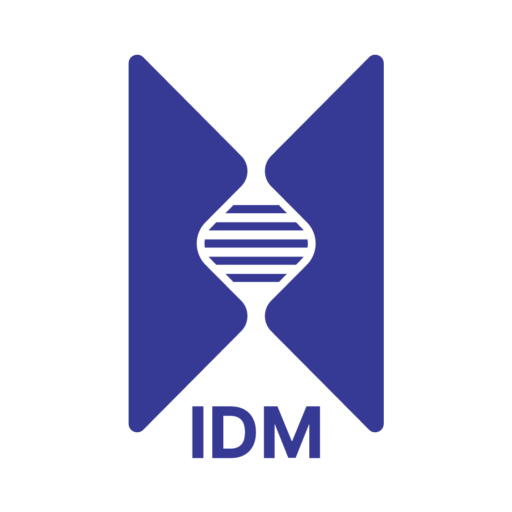National Conference – 1 March 2012, Hotel Tirana International
Representatives of Albanian Government, the United Nations, EU Delegation, development instituions, civil society and media gathered today at a National Workshop to discuss and promote a shared platform of alternatives aimed at encouraging civil society in rural and remote areas, based on a comprehensive assessment of needs and challenges to civic engagement in these areas.
The National Workshop “Empowering Civil Society in Rural & Remote Areas” (ECSRA) which is organized under IDM’s ECSRA Project with the support of UNDP Albania, marks the conclusion of its first stage focusing on awareness, capacity building, informing and advocacy with decision-makers and civic actors at local and national level in support of an active civil society in rural and remote areas.
Speaking at the Workshop, IDM Executive Director Sotiraq Hroni pointed out to the “contemporary experience that offers various models relying on greater participation of citizens and interest groups in policy-making, continuous devolvement of power through local governance to the citizens. Such models require stronger encouragement of private entrepreneurship and citizens groups to offer better services particularly at semi or rural areas. The findings of IDM’s needs assessment study emphasize the need for a more active role of the central and local Governments. Should actions in this regard fail to be carried out properly, it is up to the civil society to take further strong advocacy measures and demonstrate we are here to fulfil our missions.”
“UN in Albania has been actively supporting the Albanian Government and civil society partner organizations to strengthen the mechanisms for the engagement of civil society and the broader population in policy development and monitoring processes. UNDP has tried to ensure that civil society plays an important role in giving voice to the concerns of the citizens and takes part in delivering services that meet people’s needs. This UNDP-supported project targets some of the issues and concerns often highlighted in the calls of various politicians, civic actors and other actors these days – asking for cooperation between local authorities, private actors and citizens to jointly engage in overcoming difficulties and improving the living conditions of the residing communities – highlighted amongst others Freddy Austly, UNDP Albania Deputy Country Director.
IDM’s needs assessment study on challenges to active civil society in rural and peripheral areas identifies key findings suggesting concrete measures for the “revival” of civic sector in these areas. More specifically, according to the study analyzing opinions and experiences of civic actors, public authorities and the media, 71% of respondents believe that civil society in rural / remote areas only partially addresses community needs while another 93% consider that local communities are “partially” or “not at all involved” in setting CS priorities; Civil sector in these areas often targets issues related to the promotion of cultural resources, environment, tourism or professional groups (farmers, handicrafts etc.) and less actions are taken on gender issues, volunterism, minorities, participatory governance etc. In relation to capacities of CSOs in rural / remote areas, only 35% of CSOs’ staff have excellent English language skills, and 10% of CSOs’ staff have the capacities for fundraising (project-writing). The main CSOs’ expectations for funding are addressed at central (33%) and local Government (26%) and foreign donors (18%).


